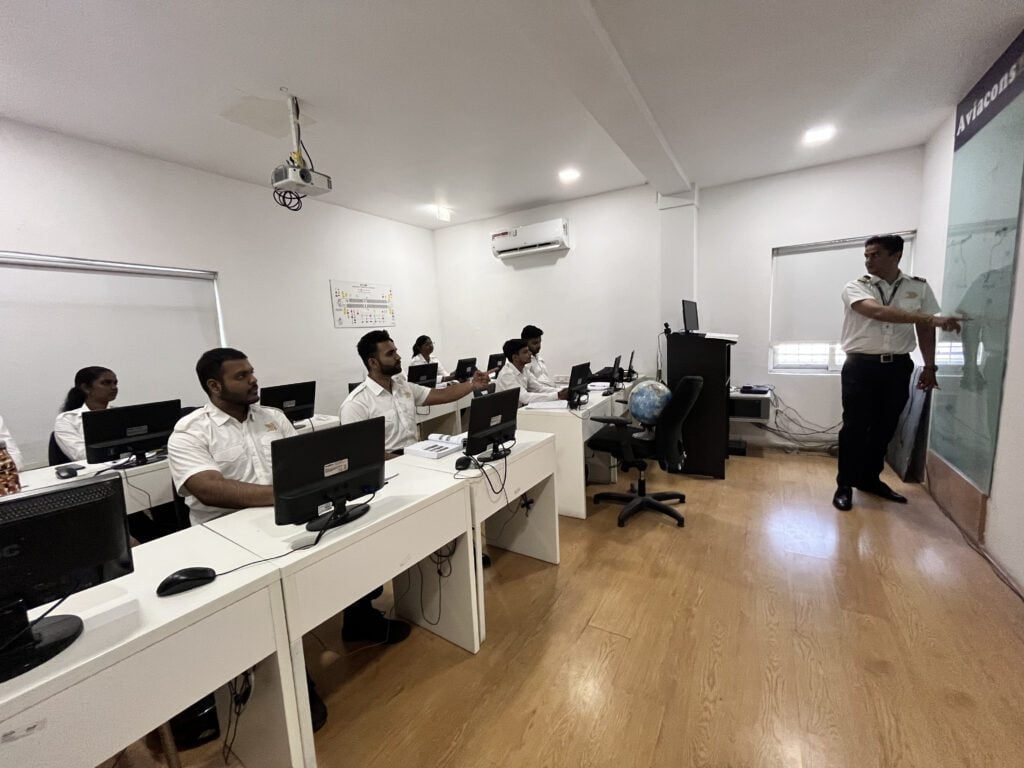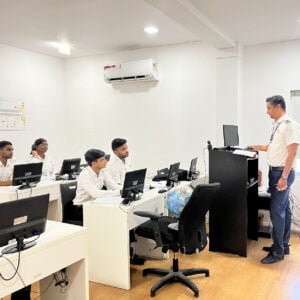Embarking on the path to becoming an Airline Pilot is an ethereal dream cherished by countless young minds worldwide. This awe-inspiring career is not only rewarding but also brimming with excitement, rendering it a truly lucrative pursuit. However, it demands an arduous journey through extensive training, profound comprehension of the science governing flight, intricate rules and regulations, and above all, an unwavering passion.
Yet, despite the surging demand for skilled pilots, many aspirants falter in their pursuit of their dream job due to a lack of requisite knowledge and skills coveted by airlines. Thus, before venturing into the realm of Pilot Training, comprehending the essential skill sets that transform one into a professional airline pilot is paramount.
For those aspiring to soar the skies as Professional Airline Pilots, acquiring a Commercial Pilot License (CPL) through the rigorous training provided by the respective Civil Aviation Authorities is a mandatory milestone. In India, the Directorate General of Civil Aviation (DGCA) is entrusted with this crucial task. However, Pilot Training is a substantial financial investment, and a failure to grasp its intricacies can culminate in a regrettable career choice.
The journey of Pilot Training unfolds in two distinct phases – Theoretical Knowledge Instructional Training, popularly known as CPL Ground Classes, and the practical training, referred to as Flight Training.
India boasts approximately 39 Flight Training Academies, all duly approved by the DGCA, imparting invaluable Pilot Training. The Ground School, synonymous with Theoretical Training, is an integral component of any Flight Training Organization (FTO). Aspiring CPL trainees are expected to complete the theory classes and successfully clear DGCA-conducted examinations before commencing their flight training.
Sadly, operational, administrative, and commercial priorities often overshadow the significance of theoretical training in many FTOs. This compels students to seek alternative avenues to complete their Ground Classes, leading to the proliferation of CPL Ground Classes across the nation. While some of these institutes are managed by seasoned Air Force and Airline Pilots, a majority are run by young individuals holding CPLs, eagerly awaiting opportunities to join airlines or become FTO instructors.
Being privately managed, these institutes operate without the need for regulatory approval or recognition. As a result, questions often arise concerning the structure of their courses and the level of knowledge acquired by the students. While some institutes uphold professionalism, regrettably, many lack a structured approach. Moreover, the faculty’s limited experience and knowledge can significantly impact the students’ learning experience.
As the wise Wilbur Wright once asserted, “It is possible to fly without motors, but not without Knowledge & Skills”; highlighting the paramount importance of subject knowledge. The theoretical training covers vital subjects such as Air Regulations, Air Navigation, Aviation Meteorology, Aircraft General Knowledge (Technical General & Technical Specific), and Radio Telephony. A profound understanding of these subjects and their practical application is indispensable for honing flying skills and preparing students to navigate emergency situations as competent, safe, and skilled professional pilots.
Regrettably, some students prioritize clearing DGCA CPL Examinations rather than truly comprehending the subjects’ essence. Although this approach might yield short-term benefits during initial training stages, it can be detrimental to one’s long-term career prospects. Upon successfully clearing DGCA examinations and completing flight training, students are issued a Commercial Pilot License, rendering them eligible to apply for airline positions. However, the depth of subject knowledge, the quality of training, and the skills honed during the training phase significantly influence their chances of securing a coveted airline job. Mere possession of a license does not guarantee employment.
In response to this paradigm shift, Civil Aviation Authorities and Airline Operators worldwide now prioritize the three most crucial skills from a pilot – Knowledge, Skill, and Attitude. Therefore, for aspiring pilots venturing into this significant investment, heed this wisdom – “Never be ‘Penny Wise, Pound Foolish’.” Conduct comprehensive research, seek out institutes that offer quality training without compromising on standards, even if it means investing a little more. For those seeking information and guidance on Pilot Training and exploring various career options in the vast realm of Aviation, they are encouraged to visit https://aviacons.org or reach out to us for support. Wishing all aspiring aviators a journey of Happy Learning & Safe Flying





